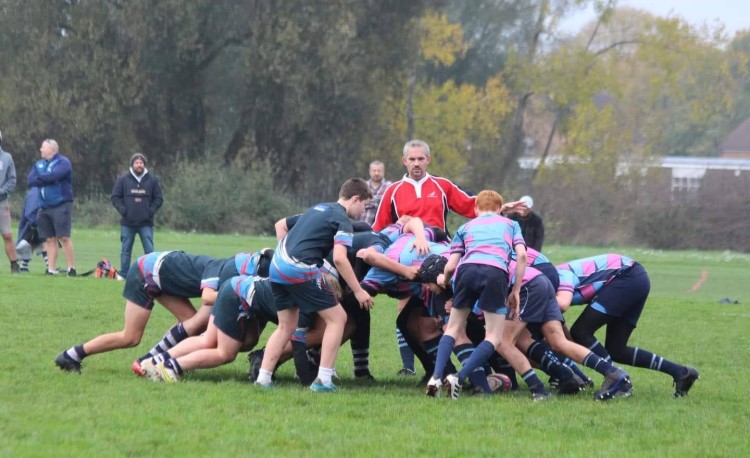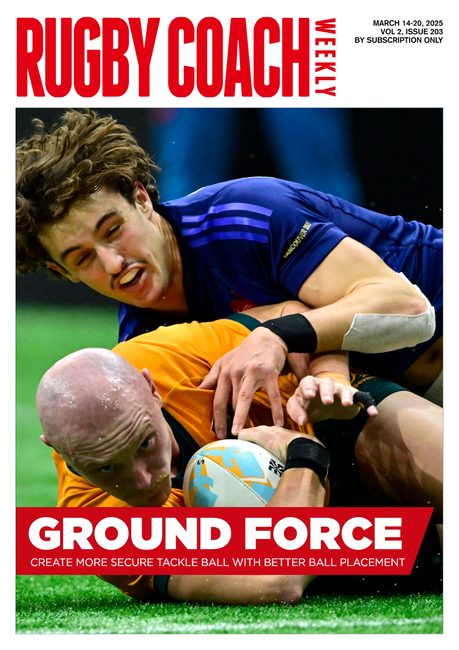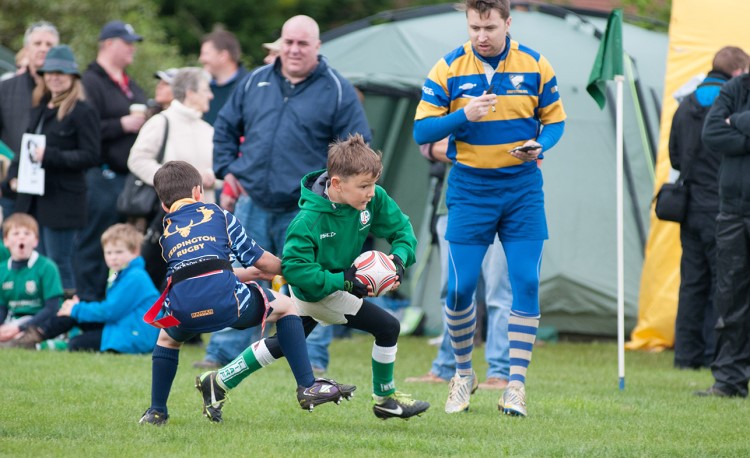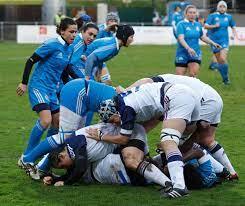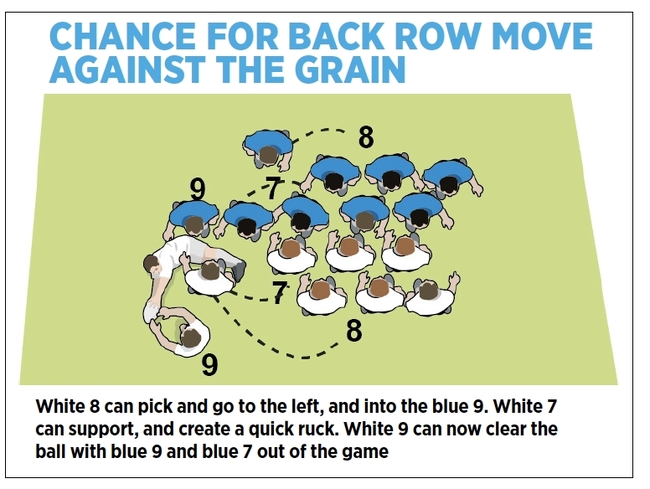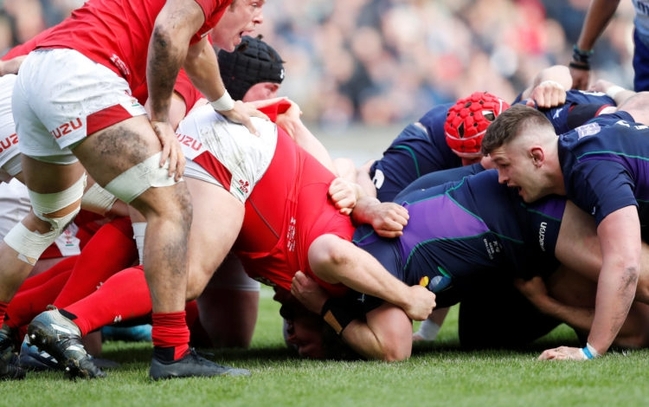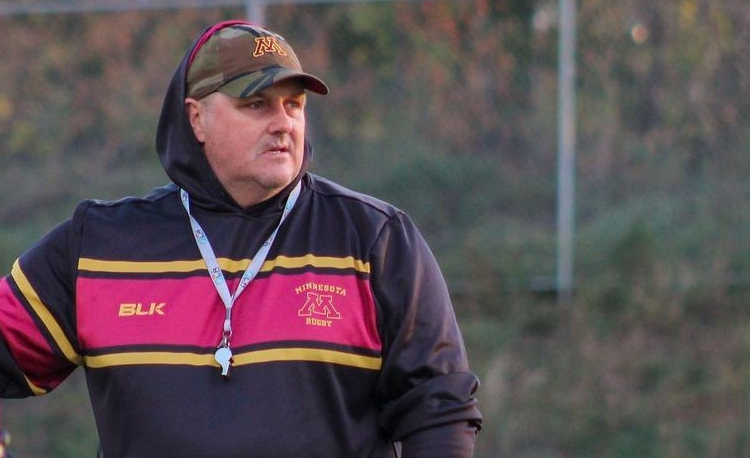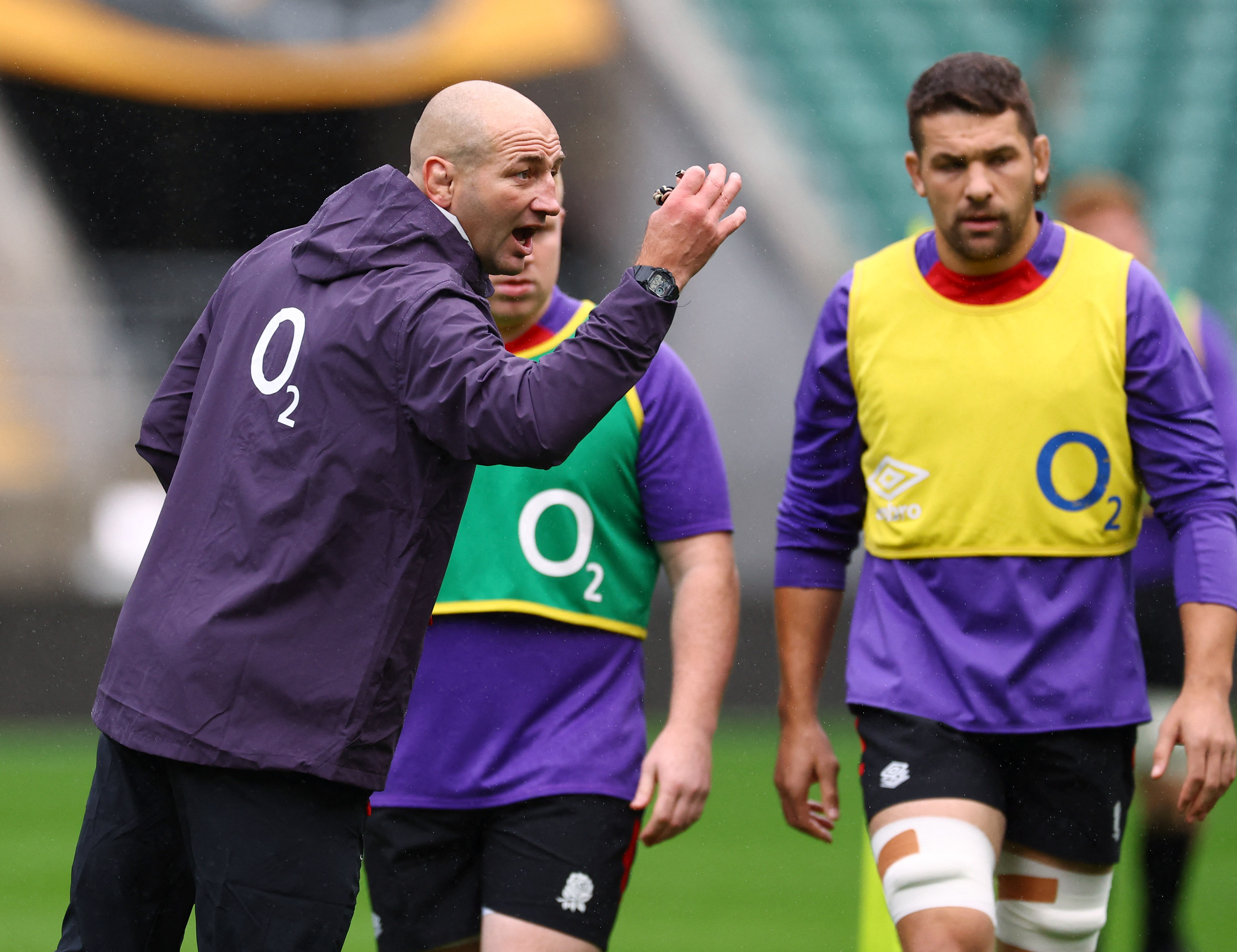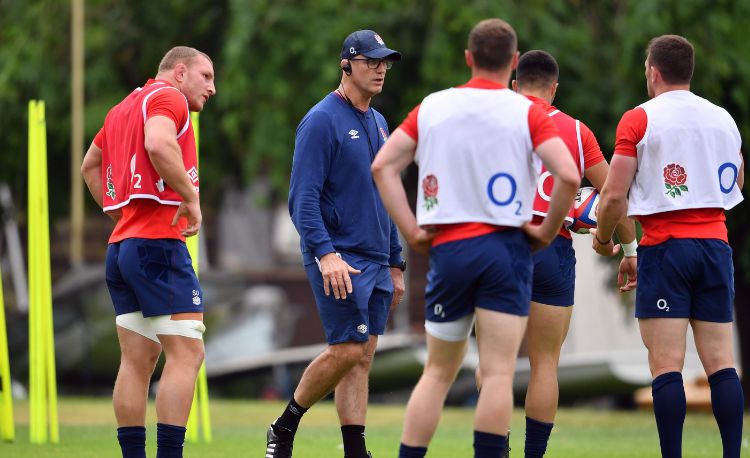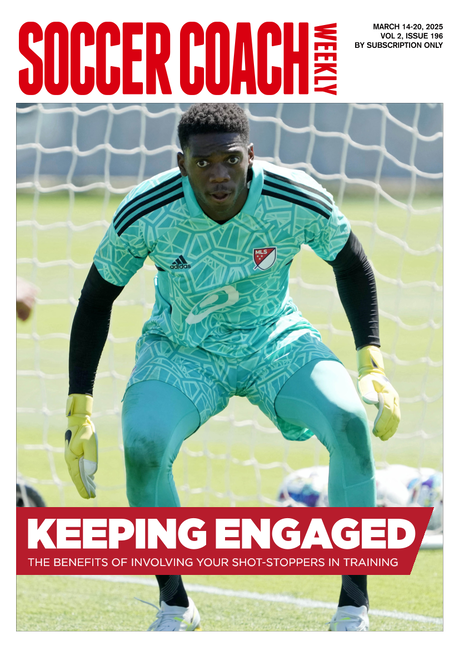6 tips for coaches who also referee
KEITH LEWIS, who runs leading referees’ community website RugbyReferee.net, provides sage advice on how to get the best outcomes when you are officiating.
Are you a coach who has had a referee’s whistle thrust into your hand? Maybe you have been reluctantly ‘volunteered’ because you had too much to say during a match. Or maybe you are wanting to give refereeing a real go.
Well, firstly, from all of us involved in rugby - thank you, particularly if you are also a coach with your child’s team. We know you have already given up so much of your spare time to dedicate to them and their team.
As young players get older, the games of rugby get better, more structured, more rugby-like - so they need refereeing more, too.
We all know refereeing is hard and when someone does something they don’t really want to, it shows. Unintentionally, the experience of the children will suffer.
Here are six tips to improve that experience for all concerned:
01 - Tweak your mindset
Approach a game to enhance the experience of the children playing in it, rather than thinking ‘no-one else will do it’.
It is a subtle shift, but how you approach that match - and how you are seen to approach it - will then be very different.
02 - Be confident
Take the confidence you have as a coach onto the field. You have no problems telling and showing players what to do. Do the same as a referee.
Since you can explain tackle drills easily and outline tactical plans with comfort, take those skills onto the field when you have a whistle.
Young players, and those watching them, respond better to referees who are confident, just like we all do when we are faced with people in authority.
www.rugbyreferee.net
You’re a coach, so you can communicate already. Just take that with you when you referee.
Short, simple phrases to players on the field as you referee will get them to do what you want/need.
04 - LOOK the part
When was the last time you watched a game where the referee was wearing an untucked shirt, muddy tracksuit or odd-coloured socks around their ankles?
Look smart - ref smart. Aim to look like the referee. You don’t need to get a replica Rugby World Cup ref shirt. Just find a neutral top, preferably one without your club logo/emblem on it, so that you will look and feel more neutral.
05 - Get a good whistle
Get a proper whistle. The recommended rugby version is an Acme Thunder.
And when you blow the whistle, do it properly. For a minor offence, like a knock-on or forward pass, give a short blast. For a penalty, make it longer.
This definitely makes the game clearer for players and spectators alike.
06 Know THE rules and regulations
Make sure you know the rules and regulations for the age grade you are refereeing.
It is sometimes not easy to work through who can do what as the age-grade pathways change. I suggest having a ready reckoner to hand for areas like lineouts, scrums and what happens at the ruck.
If you are in England, you can find my guide to the laws by visiting: www.rugbyreferee.net
Related Files
Newsletter Sign Up
Coaches Testimonials

Gerald Kearney, Downtown Las Vegas Soccer Club

Paul Butler, Florida, USA

Rick Shields, Springboro, USA

Tony Green, Pierrefonds Titans, Quebec, Canada
Subscribe Today
Be a more effective, more successful rugby coach
In a recent survey 89% of subscribers said Rugby Coach Weekly makes them more confident, 91% said Rugby Coach Weekly makes them a more effective coach and 93% said Rugby Coach Weekly makes them more inspired.
Get Weekly Inspiration
All the latest techniques and approaches
Rugby Coach Weekly offers proven and easy to use rugby drills, coaching sessions, practice plans, small-sided games, warm-ups, training tips and advice.
We've been at the cutting edge of rugby coaching since we launched in 2005, creating resources for the grassroots youth coach, following best practice from around the world and insights from the professional game.
